To practise safely and effectively, pharmacists must have a broad understanding of health and the Canadian healthcare system. They must have advanced communication skills to manage and interpret information. A wide range of interprofessional and intra-professional interaction is necessary for pharmacy practice in Canada. Pharmacists must act professionally at all times. They must be kind and considerate and develop trusting relationships with their patients and colleagues. Pharmacists will encounter many complex and ethical issues daily and will need to have good problem-solving skills. Pharmacists work with people of various cultures who have different values, beliefs and customs. They must have good judgement and the ability to interact with the public and other healthcare providers.
Resources to Improve Practical Skills
There are a number of educational and practical resources available to assist international pharmacy graduates (IPGs) in understanding and acquiring the skills required to practise as a pharmacist in Canada.
NAPRA Diagnostic Tool and Learning Modules (DTLM)
NAPRA’s Diagnostic Tool and Learning Modules (DTLM) offer IPGs pursuing licensure as a pharmacist in Canada practical resources which support a smoother entry to pharmacy practice in Canada.
Directions for Immigrants
Directions for Immigrants is a no-cost career service centre that helps internationally educated professionals secure professional employment and gain accreditation. Their services are provided at no cost as they are funded by the Government of Alberta and the Government of Canada. They offer several tools for success, including career coaching, workshops, exam preparation study groups and a library of reference books.


They offer exam preparation study groups specifically designed to prepare internationally educated pharmacists for three of the exams required as part of the licensing process with the Pharmacy Examining Board of Canada (PEBC).
The study groups are typically offered once or twice a week in 3- to 4-hour sessions and are facilitated by licensed pharmacists.
- PEBC Evaluating Exam (EE) study group (72+ hours)
- PEBC Qualifying Exam Part I (MCQ) study group (75+ hours)
- PEBC Qualifying Exam Part II (OSCE) study group (75+ hours) plus a mock OSCE
The first step for international pharmacy graduates (IPGs) is to contact Directions for Immigrants to book an appointment with a career coach to determine their eligibility.
Telephone number: 403-770-5155 | Toll-free number: 1-877-297-2553
More information is available on the Directions for Immigrants website.
Courses to Improve Communication Skills
Health professionals need advanced language skills to communicate effectively and with confidence.
Although language proficiency tests can prove basic language abilities, they do not address all aspects of communication. In the Canadian workplace, it is essential to be aware of non-verbal elements of communication, such as eye contact, body language, facial expressions and personal space. Also, IPGs will notice that people from various cultures or who live in different regions of Canada use different slang words or informal phrases that may be unfamiliar.
It is strongly recommended that IPGs take additional language courses to continually improve their communication skills and to practise what they have learned. Doing this can significantly increase their chances of success in the certification exams and in obtaining a licence.
A list of programs and courses may be found in the following centres around Canada.





